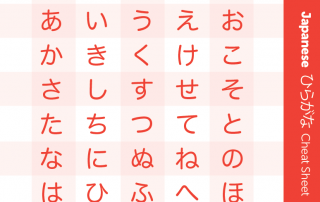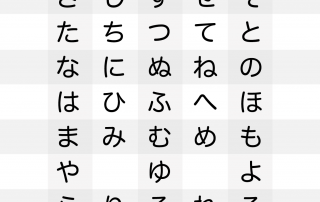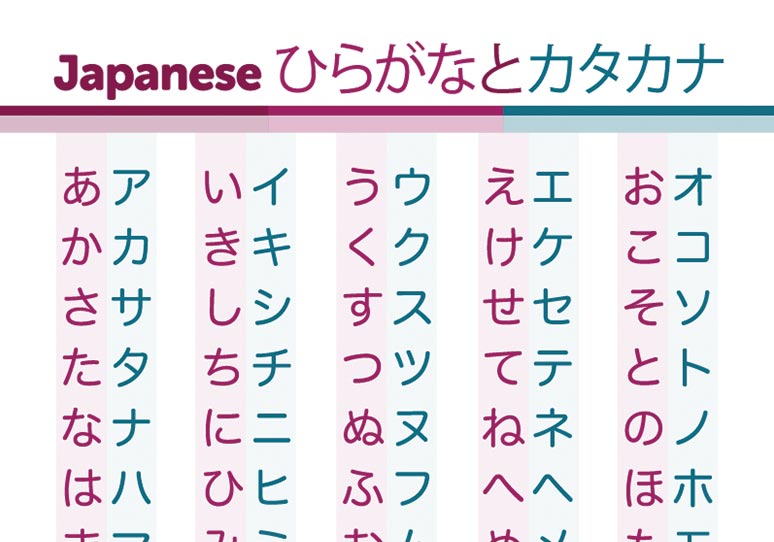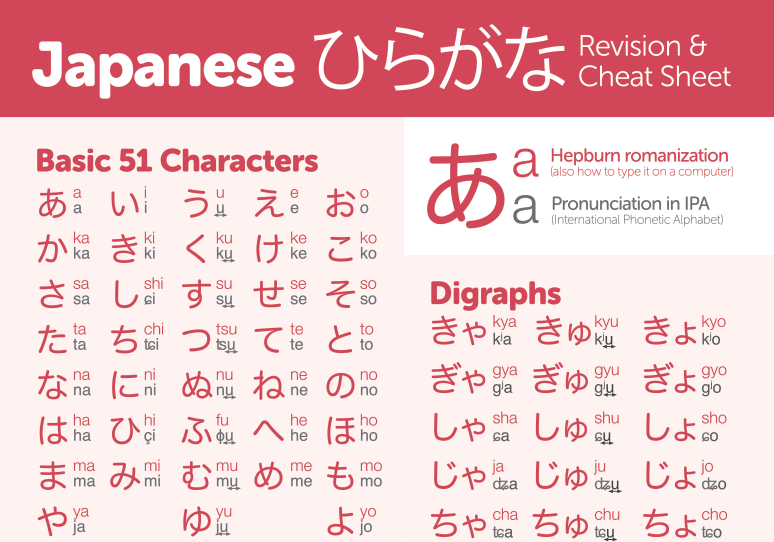(adsbygoogle = window.adsbygoogle || []).push({});
Hiragana (ひらがな、平仮名) is a set of basic phonetic characters used in the Japanese writing system. Here’s why it’s crucial for beginners:
- Sounds and Syllables: Each hiragana character represents a syllable (a combination of consonant and vowel sounds). Unlike kanji (complex logographic characters), hiragana is straightforward and phonetic.
- Reading and Writing: Hiragana is used for native Japanese words, verb conjugations, and grammatical particles. It’s the foundation for reading and writing. Imagine it as your “alphabet” in Japanese.
- Rows and Combos: Hiragana characters are organized into rows based on their initial consonants and shared vowels. For example, the “ka” row includes か (ka), き (ki), く (ku), け (ke), and こ (ko).
- Combined Characters: Hiragana also has combined characters (you-on) formed by pairing consonants with the い (i) vowel. For instance, きゃ (kya) combines き (ki) with や (ya).



